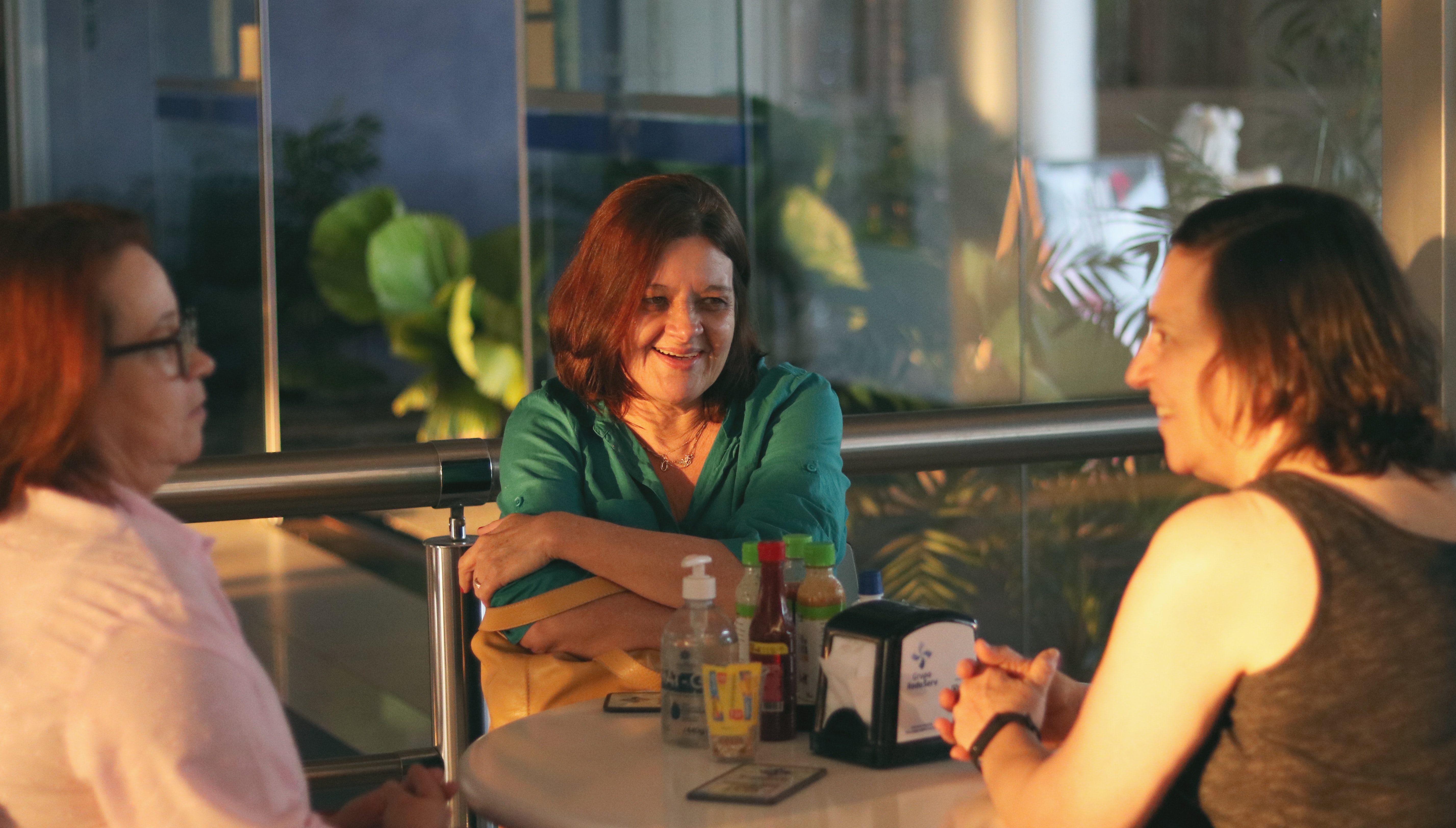News release
From:
University of Queensland research has found women who have quality relationships in their 40s and 50s are less likely to develop multiple chronic conditions in older age.
Lead author Dr Xiaolin Xu, from the UQ School of Public Health, found that having unsatisfying social relationships can be as much of a risk factor for disease as obesity, physical inactivity or alcohol intake.
“There is a known link between poor social relationships and poor health, but until now the research had focused on individual diseases or factors like a person’s marital status or the size of their social network,” Dr Xu said.
“In reality, our lives are more complex – people accumulate health conditions as they age, and it’s possible to be married or have a big social network and still be deeply unhappy.
“We looked at whether relationship satisfaction made a difference to women’s long-term health and their risk of developing multiple health conditions.”
The researchers used data from 7,694 participants in the Australian Longitudinal Study on Women’s Health (ALSWH) who were aged 45-50 in 1996, with their health and wellbeing tracked via questionanaires roughly every three years up to 2016.
They were regularly asked to indicate their level of satisfaction in their relationships including with partners, family, friends and colleagues.
The participants were also monitored for the 11 conditions identified as National Priority Areas in Australia: diabetes, hypertension, heart disease, stroke, chronic obstructive pulmonary disease (COPD), asthma, osteoporosis, arthritis, cancer, depression and anxiety.
Fifty-eight per cent of the women who had no chronic conditions when the study started, went on to develop multiple chronic conditions over the 20-year period.
“Crucially, we found middle-aged women with the lowest levels of relationship satisfaction were more than twice as likely to develop multiple chronic conditions as those who were very satisfied with their relationships,” said Dr Xu.
Study leader and Director of the Centre of Research Excellence in Women and Non-Communicable Diseases, UQ’s Professor Gita Mishra, said the research shows that quality of social relationships should be a consideration when developing preventive health strategy.
“It’s normal to accumulate multiple chronic conditions as we age, but any progress we make towards disease prevention will improve our quality of life and reduce the burden on our healthcare system,” Professor Mishra said.
“Lockdowns during COVID-19 have shown the importance of social connection to health, yet global health strategies don’t include it as a risk factor for chronic disease.
“There is a lot of research still to be done in this area but in the meantime, women can benefit from having high-quality, diverse relationships.”
The research was conducted as part of the Australian Longitudinal Study on Women’s Health by The University of Queensland and the University of Newcastle.



 Australia; QLD
Australia; QLD



